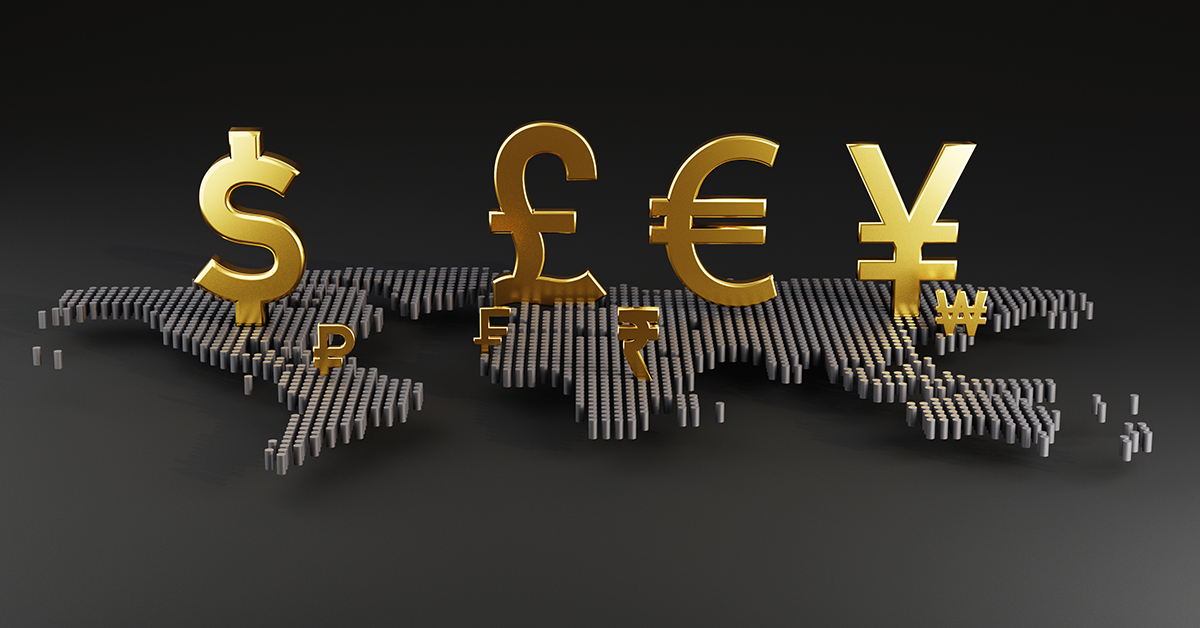
The Ultimate Beginner’s Guide to Forex Trading
Forex trading, or foreign exchange trading, has gained immense popularity over the last few decades. It allows individuals to trade currencies and potentially profit from fluctuations in exchange rates. For those new to the world of finance, diving into forex can seem daunting. However, with the right knowledge, tools, and mindset, you can embark on this exciting journey with confidence. In this guide, we will explore the fundamentals of forex trading, useful strategies, and essential tips designed specifically for beginners. For further insights and resources, you can visit beginner forex trading Trading Brokers in Vietnam.
What is Forex Trading?
At its core, forex trading involves the buying and selling of currency pairs, such as EUR/USD (Euro/US Dollar) or GBP/JPY (British Pound/Japanese Yen). The goal is to buy a currency pair when the base currency is expected to strengthen against the quote currency, and sell it when the opposite is true. The forex market is different from other financial markets due to its decentralized nature and the fact that it operates 24 hours a day, five days a week.
The Basics of Currency Pairs
In forex trading, currencies are quoted in pairs. The first currency in the pair is known as the “base currency,” while the second is referred to as the “quote currency.” The exchange rate indicates how much of the quote currency you need to purchase one unit of the base currency. For instance, if the EUR/USD exchange rate is 1.20, it means that 1 Euro can be exchanged for 1.20 US Dollars.
Types of Forex Market Participants
Understanding who participates in the forex market can help beginners grasp the dynamics at play. The main participants include:
- Central Banks: National banks that manage a country’s currency, money supply, and interest rates.
- Commercial Banks: Large banks that trade currency for their clients and themselves.
- Hedge Funds and Investment Managers: Entities that trade currencies to generate profits and manage portfolios.
- Retail Traders: Individuals who trade on their own accounts usually with smaller amounts compared to institutional traders.

Setting Up a Trading Account
To begin trading, you’ll need to open a trading account with a broker. Here are some steps to follow in this process:
- Research Brokers: Look for reputable brokers that suit your trading style. Consider factors like spreads, commissions, leverage, and trading platforms.
- Registration: Complete an online registration form by providing personal details, including your identity and financial information.
- Verification: Most brokers require identity verification to comply with regulations. This may involve uploading documents like your ID and proof of residency.
- Fund Your Account: Deposit funds into your account using various payment methods such as bank transfer, credit card, or e-wallets.
Understanding Leverage
Leverage is a double-edged sword when it comes to forex trading. It allows traders to control larger positions with a smaller amount of capital. While this can magnify profits, it also increases the risk of losses. Beginners should ensure they thoroughly understand how leverage works and use it cautiously. Common leverage ratios in forex trading are 50:1, 100:1, or even 500:1, but it’s crucial to choose a level that fits your risk tolerance.
Popular Forex Trading Strategies
There are various trading strategies tailored to different trading styles. Here are a few popular approaches:
- Day Trading: Involves opening and closing trades within the same day to capitalize on short-term price movements.
- Swing Trading: Focuses on capturing price swings over a few days to weeks. Traders typically hold trades longer than day traders.
- Scalping: A strategy that seeks to make small profits from numerous trades throughout the day, requiring quick decision-making and execution.
- Position Trading: Long-term trading style where positions are held for weeks, months, or even years, based on fundamental analysis.
The Importance of Risk Management
Effective risk management should be a priority for all traders. Some key techniques include:

- Position Sizing: Determine the appropriate amount of capital to risk on a single trade, typically no more than 1-2% of your trading capital.
- Stop-Loss Orders: Use stop-loss orders to limit potential losses. This order automatically closes your position when the price hits a set level.
- Diversification: Avoid putting all your capital into a single trade or currency pair. Diversification can help mitigate risks.
The Role of Technical and Fundamental Analysis
Two key types of analyses are essential for forex trading:
- Technical Analysis: This approach involves using charts and technical indicators to predict future price movements based on historical data.
- Fundamental Analysis: This evaluates economic indicators, interest rates, and political events that can affect currency values. Understanding news releases and economic calendars is crucial for successful trading.
Practicing with a Demo Account
Many brokers offer demo accounts where beginners can practice trading without risking real money. This is an excellent way to learn the platform, test strategies, and develop confidence before transitioning to a live account. Be sure to take full advantage of this opportunity.
Continuous Learning and Adaptation
The forex market is always evolving, and ongoing education is vital to stay competitive. Read books, attend webinars, and follow reputable financial news sources. Engage with the trading community through forums and social media, as sharing experiences and insights can significantly enhance your learning process.
Conclusion
Forex trading can be a rewarding endeavor for those willing to invest time in learning and practicing. By starting with a solid foundation of knowledge, using effective strategies, and managing risk, you can navigate the market more successfully. Remember, every trader faces challenges, and the key is to adapt and grow from your experiences. As a beginner, take your time, stay disciplined, and enjoy the journey into the world of forex trading!